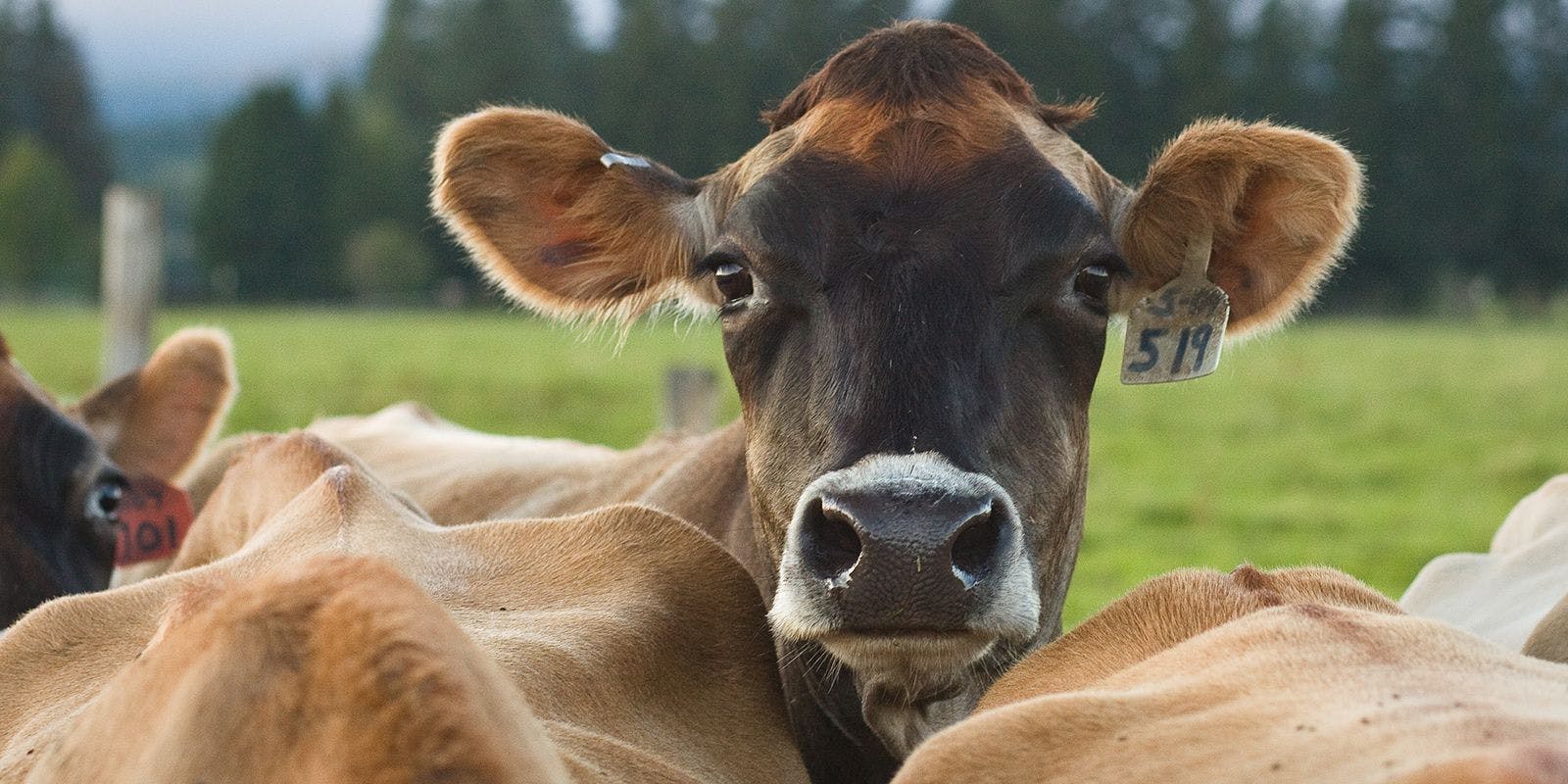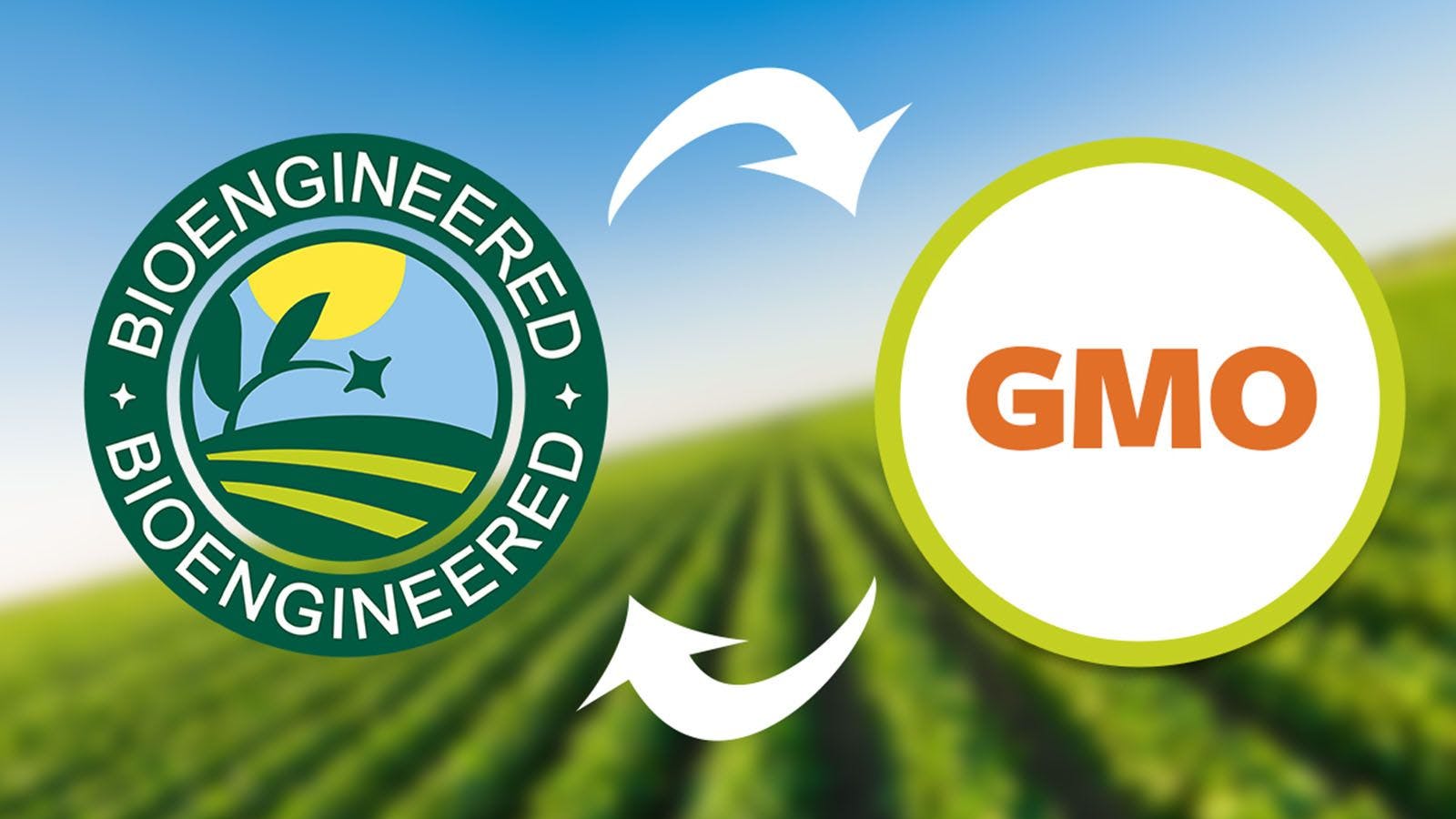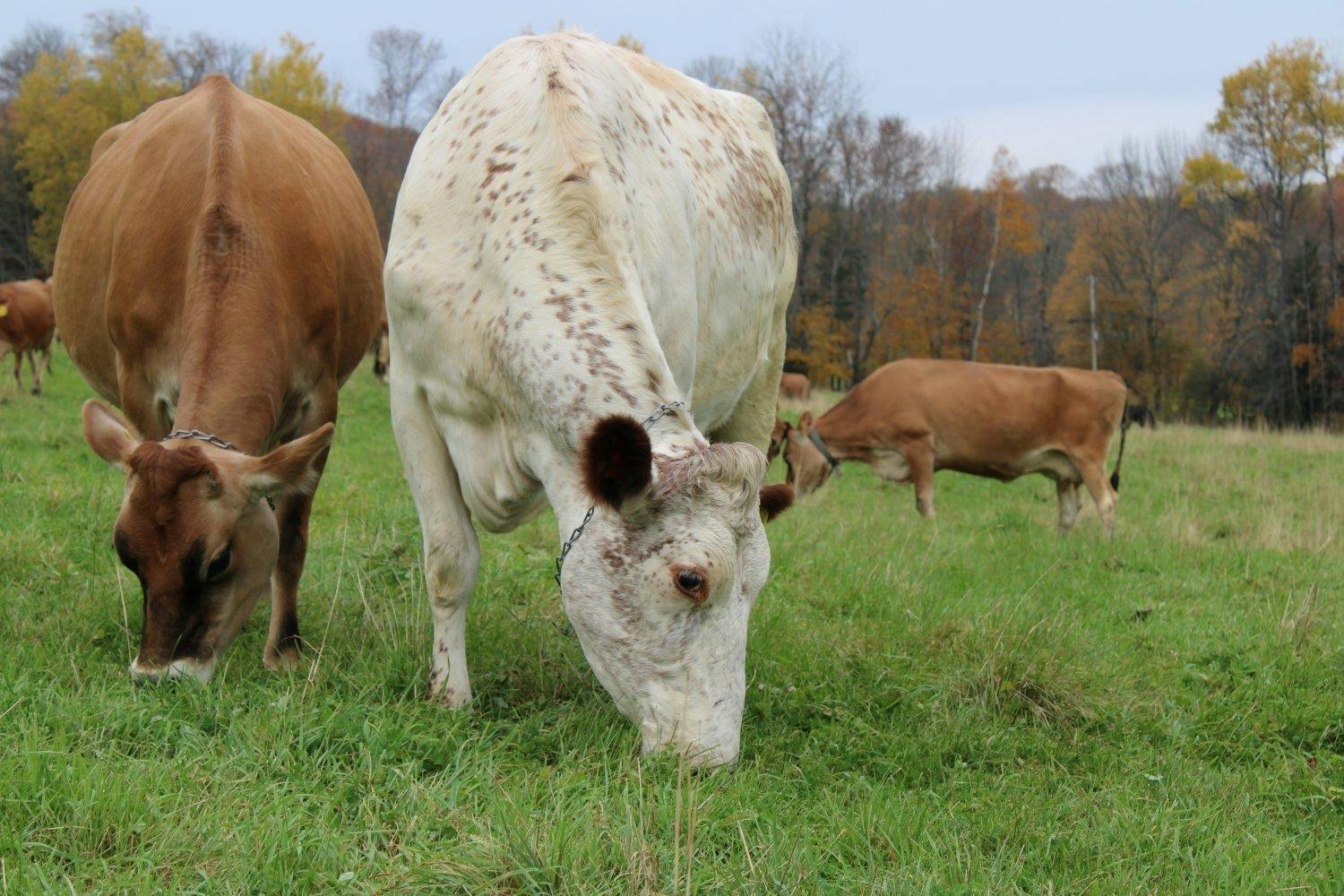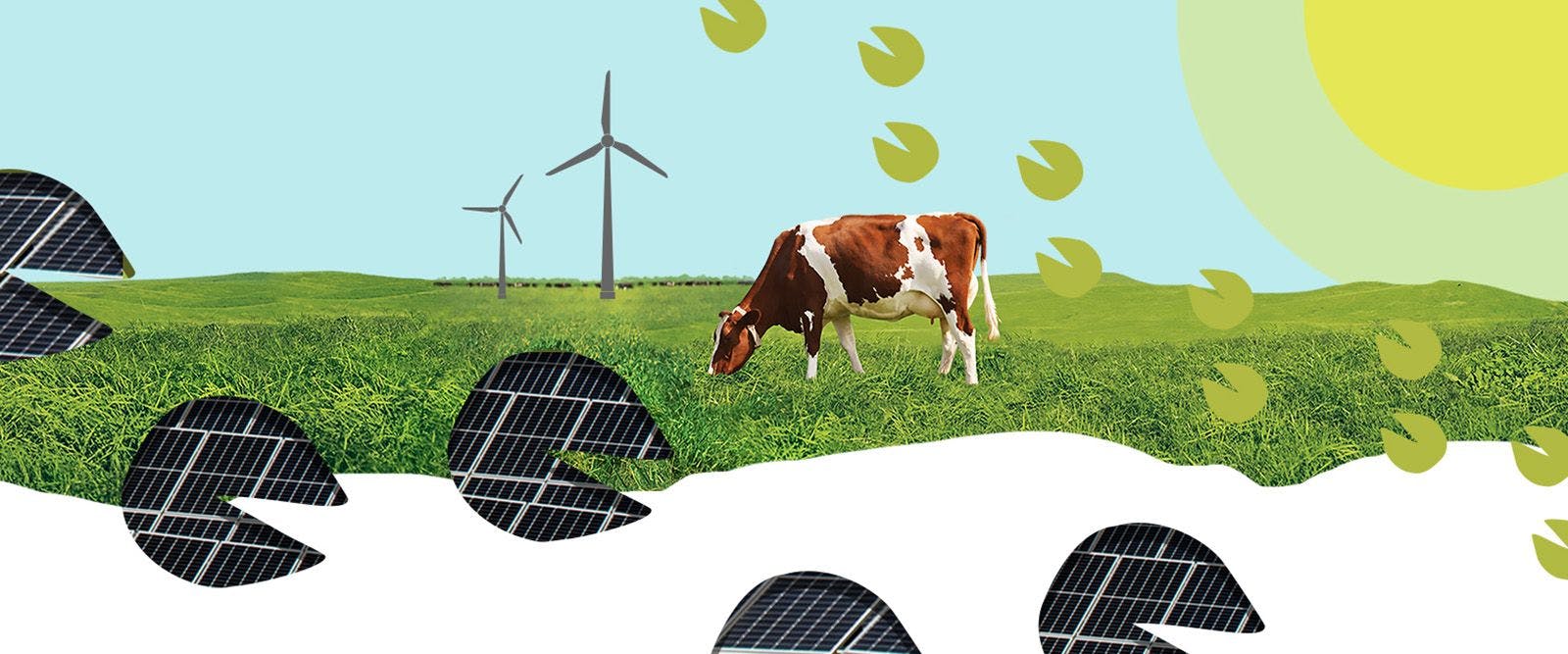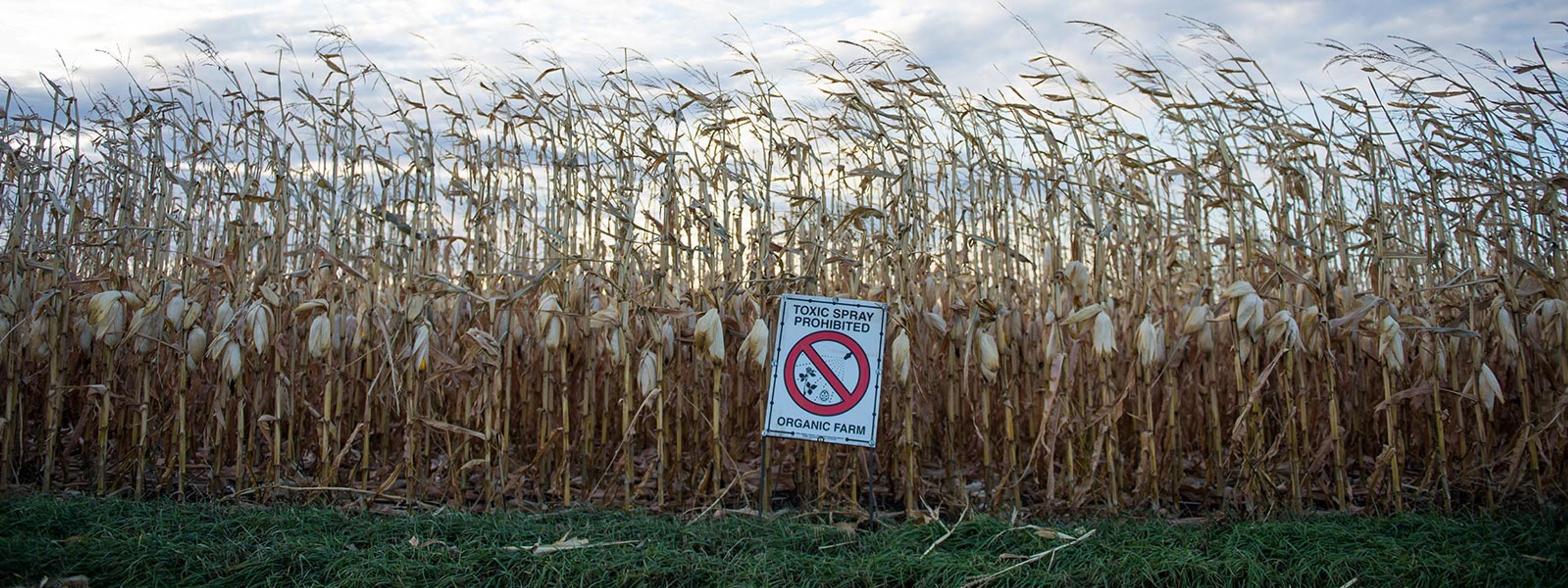
Earth
Exciting Research Breeds Seeds for Microclimates
Organic farmers across the Southeast have identified one of the major barriers to greater organic farming expansion in the region—a lack of regionally adapted organic seeds. You might assume that corn grown in Iowa will grow just as well in North Carolina, but different climates and soil conditions create different needs. Due to its climate, the Southeast needs crops that get a strong start early in the season to out-compete early weeds, strong structures to withstand high winds, disease resistance, and high yields.
Through a grant provided by Organic Valley’s farmer-funded Farmers Advocating For Organic (FAFO) program, Rural Advancement Foundation International (RAFI) has been working with Major Goodman, a corn breeder from North Carolina State University, to develop organic seeds that are well suited for sustainable farming in the Southeast’s unique growing conditions. Goodman is one of only a few breeders left in the public sector to screen and evaluate corn germplasm from around the world to find the best corn crosses for Southeast farmers using more sustainable, organic farming practices.
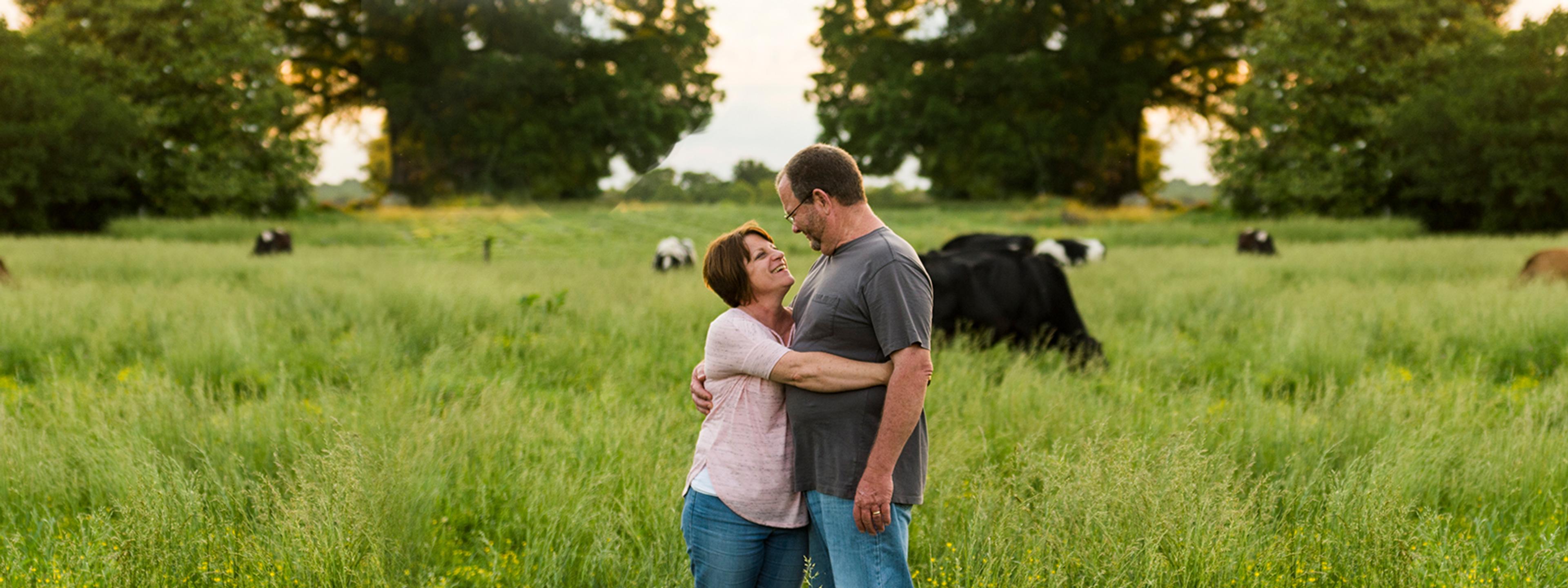
RAFI also worked with Organic Valley dairy farmers George Teague, his nephew Ben Miller, and Buddy and Chris Hoffner to develop the first-ever farmer-bred, organic field corn adapted for the region. Because the farmers and Goodman use traditional cross-breeding methods—not genetic engineering in a lab—this accomplishment represents seven years of organic farmer, nonprofit and plant breeder collaboration, where farmers were trained in on-farm variety selection, evaluation and double-cross breeding to produce a new, superior variety.
The new organic corn variety recently won second place in a statewide North Carolina corn competition against 31 of the best conventional corn varieties, demonstrating the benefits of organic farming. More impressively, it took first place in yields!
The next phase for this sustainable agriculture project is to teach participating farmers to grow out the inbred corn lines for the double-crosses so that they have the “full toolkit” to perpetuate this important and exciting regionally adapted corn variety.
RAFI is also collaborating on breeding an improved “GMO-blocking” trait into the corn to better prevent cross-contamination. This will allow organic farmers to plant at the right time rather than planting later than their conventional farming neighbors (in order to prevent cross-pollination with GMO crops), thus gaining more comparative yields.
Sustainable agriculture seed research is part of RAFI’s ongoing Breeding for Organic Production Systems work focused on developing adapted corn, soy, cotton and cover crops, and on building farm-scale pollinator habitats on North Carolina organic farms. The larger project includes other Organic Valley dairy farmers in North Carolina: Neill Lindley, Sam Dobson, Charlie Payne and Patrick Purcell.
RAFI has also been working to turn this project into a model farmer-owned organic seed cooperative to address ongoing farmer challenges of access to organically bred and adapted varieties in the Southeast.
In the spirit of cooperation, RAFI is encouraging these sustainable agriculture efforts to be replicated in other parts of the U.S. to address shared challenges of organic farmers across the country. We look forward to the day when organic farmers nationwide have access to organically bred seeds that are suited to their unique regional climates and that are not at risk of GMO contamination!
Organic Valley and Farmers Advocating for Organic, the nation’s only granting program funded entirely by organic farmers, are proud to support the work of RAFI and the scientists in North Carolina who are cooperating to advance organic seed research and development, and through this work, to protect the future of organic farming.
Related Articles
- Tags:
- climate,
- environment,
- GMOs,
- seeds













